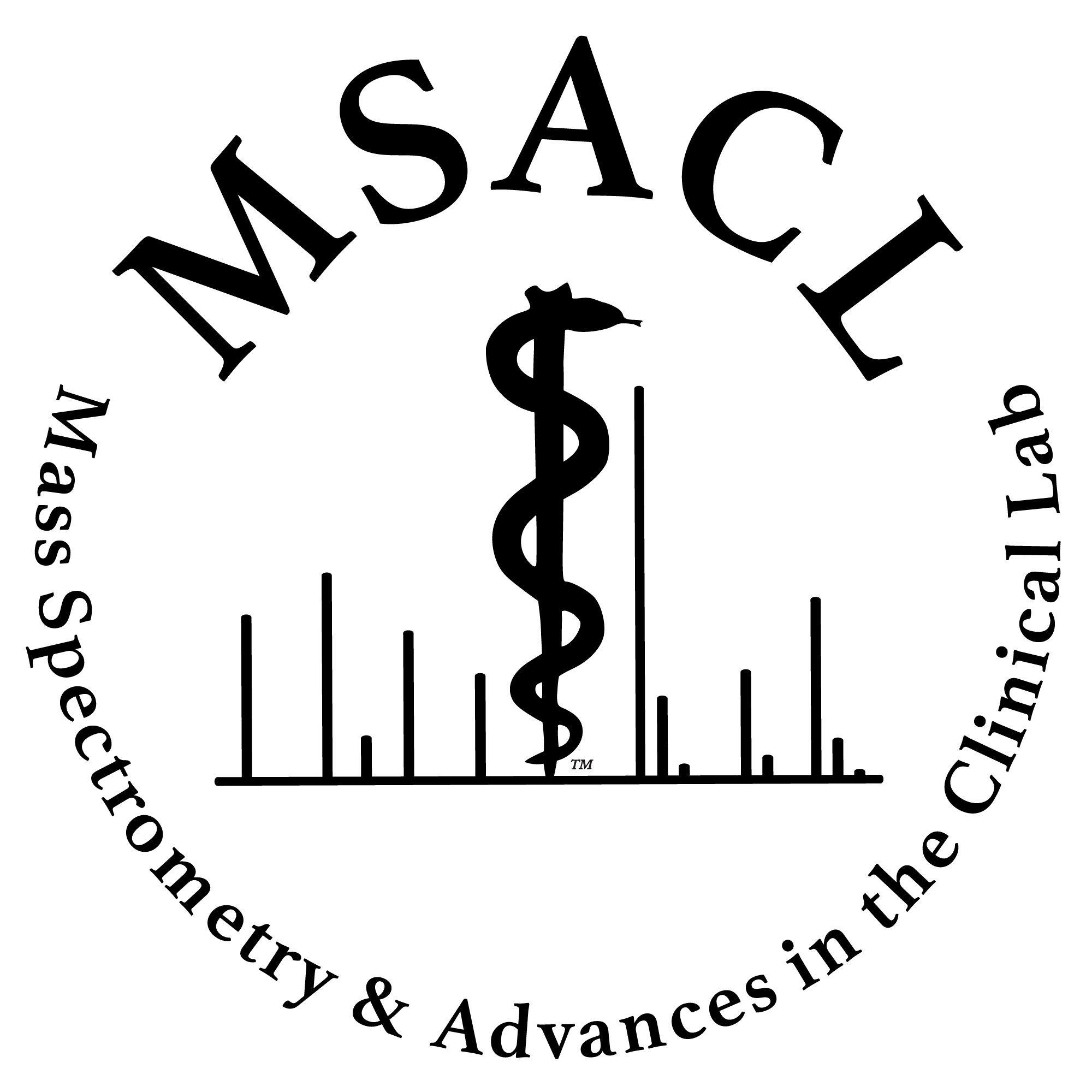|
Abstract The adrenal gland, secretes multiple hormones including cortisol, which is essential for survival and affects multiple organs. Abnormalities of cortisol secretion include over secretion (hypercortisolism) or under secretion (hypocortisolism) with a myriad of clinical presentations for both conditions. Cortisol dysfunction is therefore included in the differential diagnosis of many common presentations and can be assessed on its own (static testing) or as part of a stimulation or suppression test (dynamic function testing). In reality several test are used together to assess different aspects of the hypophyseal pituitary adrenal axis. Stimulation tests are used to assess adrenal reserve (hypocortisolism) and are designed to predict the ability of a patient to survive trauma. The main cause of adrenal insufficiency was tuberculosis or autoimmune disease but is now the use of glucocorticoid medication. Suppression tests are used to assess overt hypercortisolism (Cushings syndrome) but also mild autonomous cortisol excretion (MACE) by incidentally detected adrenal tumours. MACE is now recognised to cause significant cardiovascular morbidity.
Serum, saliva and urine are used for static testing whilst serum samples are used for dynamic function testing. The requirement for serum samples ensures that patients must attend the hospital, which is expensive and also problematic in the age of Covid 19. Alternative strategies are therefore required to safeguard patients, improve the patient journey and also reduce costs. The talk will focus on the strengths and weaknesses of current testing regimes and propose possible alternatives to dynamic function testing using saliva collection that can be performed in the patient’s home. Saliva testing for cortisol has potential advantages over serum testing, in particular saliva does not suffer from binding protein problems and is thought to reflect the free steroid concentration. Salivary cortisone shows great promise and exhibits better specificity and sensitivity than salivary cortisol. |

